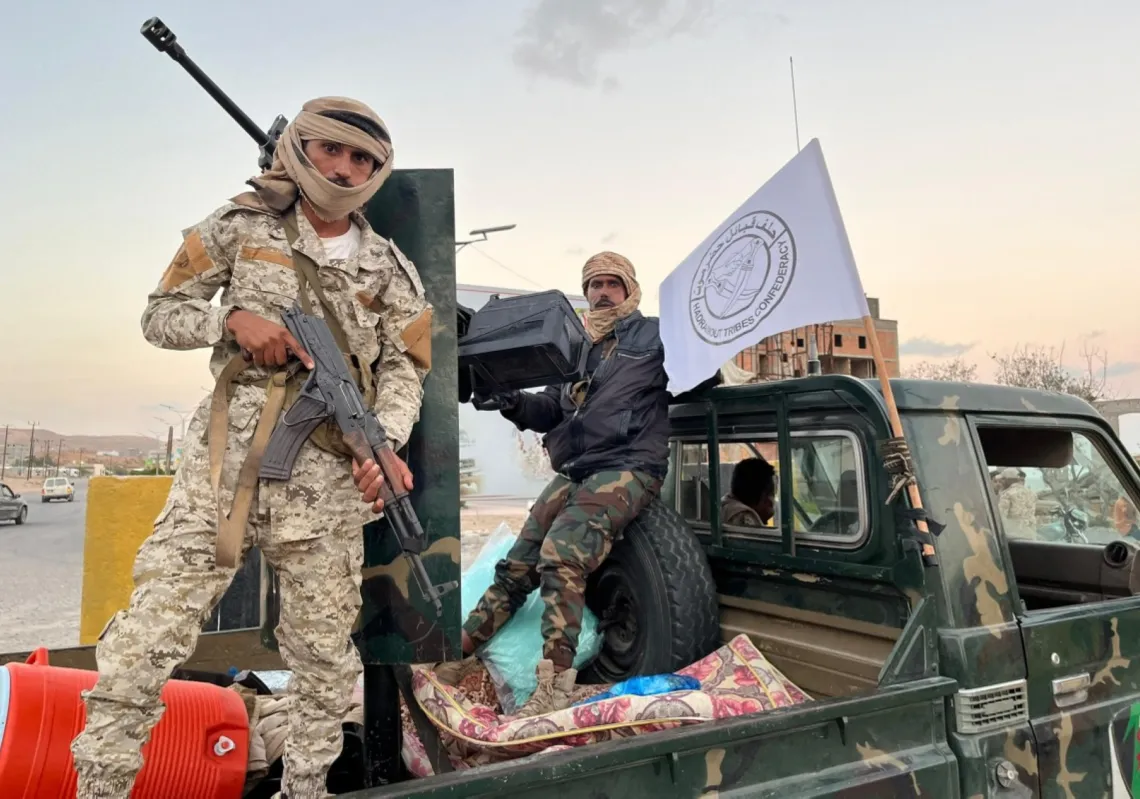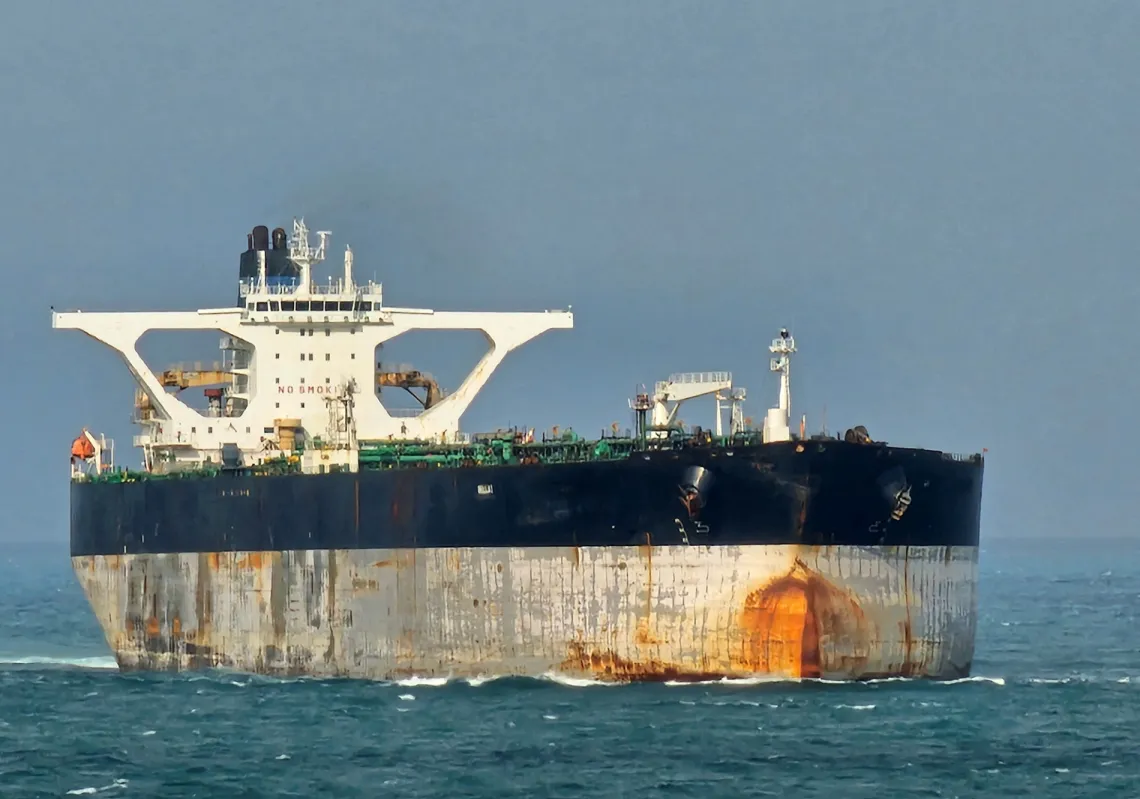In a time where the dos and don’ts of financial markets are more widely discussed than football results, one issue has been curiously absent: Sovereign Wealth Funds (SWF). Once seen as the next big thing in the global economy, these seem to have disappeared from the public radar. Government owned funds currently manage assets of about $3 trillion, up from $500 billion in 1990. To put this number in perspective, Hedge Funds and Private Equity Funds have assets in the order of $1.9 trillion and $0.8 trillion respectively. While not huge, compared to a $165 trillion total value of globally traded securities, SWF are clearly significant enough to have an impact on the global economy. However, whether the nature of this impact is benign, malign or simply overrated, has been subject to much speculation.
When the world’s largest investment banks were at risk to drown in a flood of toxic assets last year, SWF were greeted like “white knights” coming to their rescue. Sovereign investors from East Asia and the Gulf supplied struggling financial institutions with much appreciated capital. The governments of Singapore, Kuwait and South Korea provided the lion’s share of a $21 billion lifeline to Citigroup and Merrill Lynch, both of which had lost fortunes when the sub-prime bubble burst. UBS, the world’s largest wealth manager at the time, received a total of $11 billion from Singapore and an unknown investor, most likely the Government of Oman. Banks were glad to receive money from SWF, which did not demand a change in conduct, tabs on manager bonuses or tougher regulations, quid pro quos their own sovereigns would have demanded. Western governments on the other hand were content with not having to deal with the political and economic consequences of bailing out irresponsible bankers.
The general satisfaction with foreign governments’ involvement in rescuing failing banks marked a sharp contrast in the debate surrounding SWF, whose opaque nature and inscrutable motives made many perceive them as a menace rather than “white knights”. The possibility of politically motivated investment spurred a lively debate in many western countries about the extent to which SWF should have unrestricted access to vital industries. In 2006 DP World, a company owned by the government of Dubai, tried to acquire the United States’ fourth largest port operator. Congress, based on vague concerns about the implications this transfer might have on port security, interfered. Reservations towards granting foreign governments full access to companies of strategic importance are nothing if not legitimate, but a general fear of SWF does not seem appropriate.
SWF were established for two reasons: To diversify sector risks, making commodity exporters more independent of volatile global commodity markets; and to diversify across time, making sure there is money left once the last drop of oil has been sold. Because of this long-term perspective, SWF are quite stable investors, unlikely withdraw vast amounts of money for short-term speculation. News about SWF taking share in a company normally has a positive effect on stock prices. The stability and the higher risk tolerance, which are generally associated with a longer perspective, make sovereign investors similar to classic institutional investors. As their support for failing banks shows, these are an additional source of stable capital, giving them a positive role in the global economy. But recent economic developments, make a revaluation of this role necessary.
SWF are capital recyclers. As a symptom of the global balance of payments imbalances, SWF reinvest the superfluous savings of oil producers and other surplus countries into western deficit countries. Consequently, changes in the global economic system alter their significance. Two years ago, most analysts assumed that capital held by sovereign investors would exceed $10 trillion by 2012, or triple their currently estimated value.
While government owned funds everywhere were affected by the crisis, those in the GCC have had a particularly difficult time. High profile investments in western banks have been a disaster. In a recent paper, the Council of Foreign Relations estimates that SWF in the gulf lost about 27% of their asset value. A curb in global demand, causing oil prices to tumble, diminishes the surpluses of the gulf economies. These trends are likely to make SWF more cautious. The Abu Dhabi Investment authority has lowered its asset allocation to equity to the lower end of its target, indicating a lower appetite for risk.
In light of the crisis, SWF appear not to be a mighty dark knight, seeking to overtake and exploit western industries. Although, the losses sovereign investors have suffered and the diminishing oil revenue make the role of a reliable saviour unlikely too. Like a Fata Morgana, SWF seemed exciting and frightening but neither friend nor foe. SWF are likely to be just another player in the global economy.
Joel Schoppig – London based research journalist who focuses on investments








